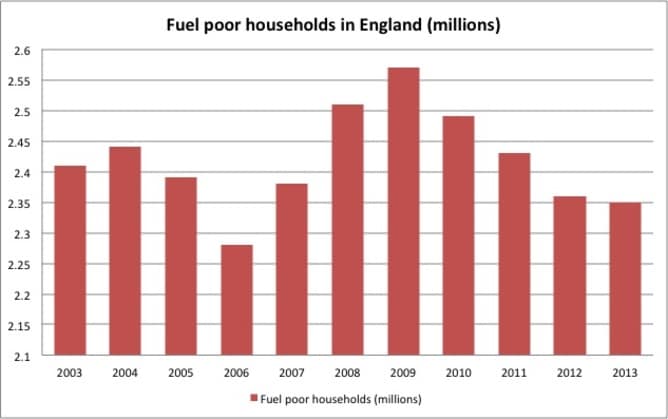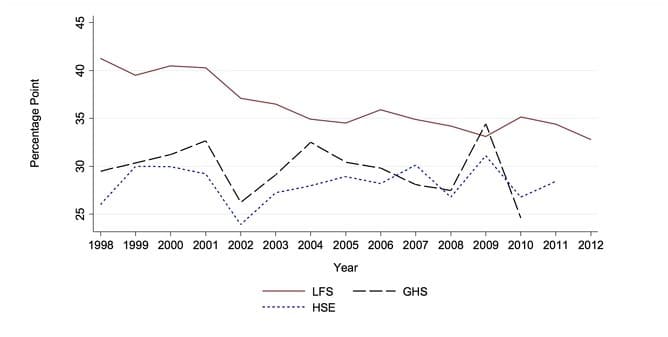Temper Thoughts of an Oil-filled Future for All
The mere hint of a successful deal over Iran’s nuclear programme is enough to get people excited. In addition, as the country emerges from economic isolation, nowhere is the enthusiasm more keenly felt than in the huge oil firms with a chance to make a splash in one of the world’s most resource-rich nations. However, are the conditions there for a boom that will ripple across our lives?







